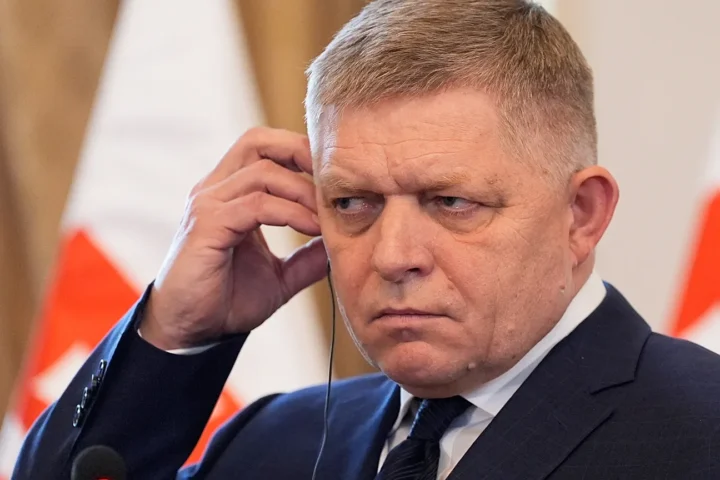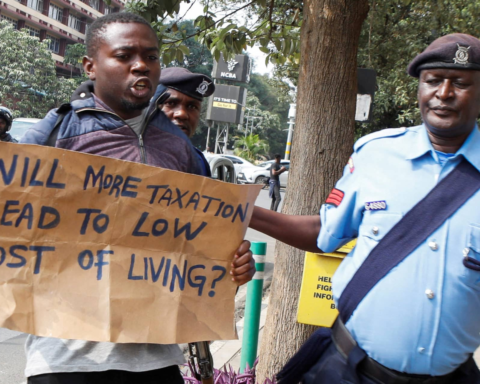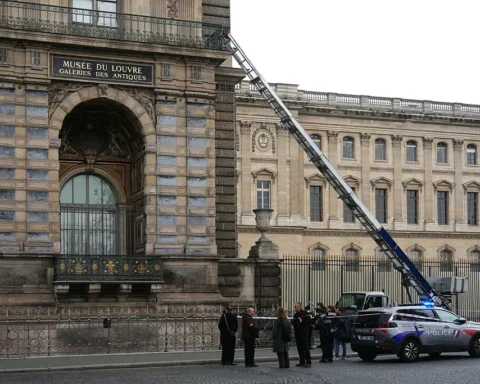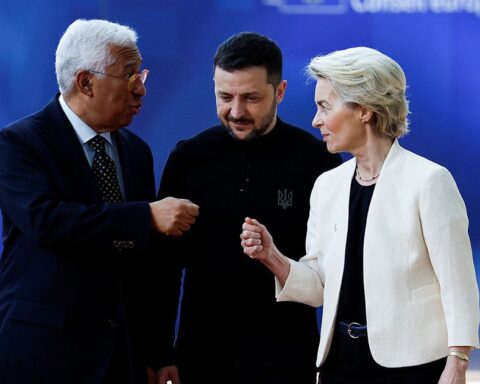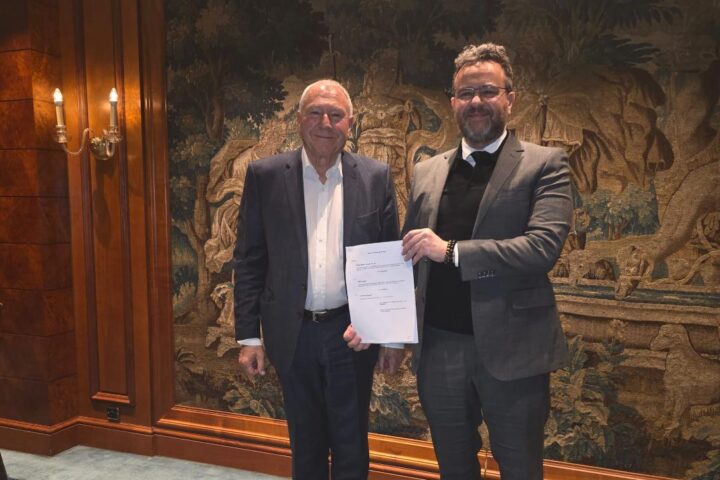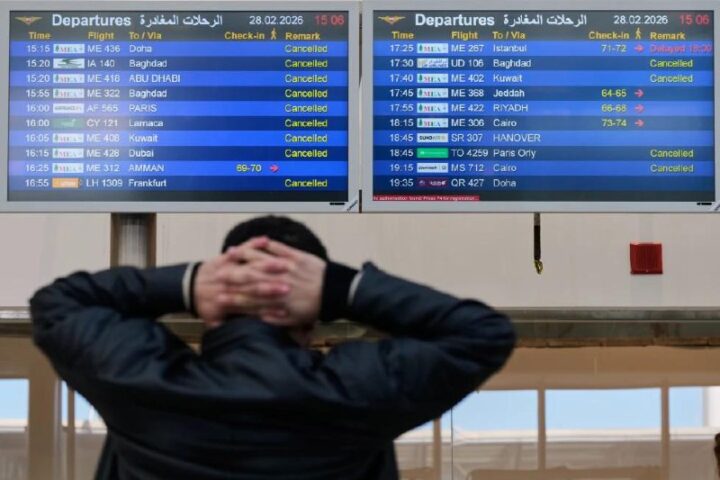In a landmark development strengthening ties between the United Kingdom and Germany, UK Prime Minister Keir Starmer and German Chancellor Friedrich Merz have signed a groundbreaking defence and migration treaty. This agreement, described as the “first of its kind,” formalizes a mutual commitment whereby each country pledges to come to the other’s aid in the event of an armed attack.
The treaty marks a significant milestone in post-Brexit European relations, symbolizing renewed cooperation between two of the continent’s most influential nations. It not only reinforces collective security but also addresses contemporary challenges such as migration and border security.
Key Elements of the Treaty
At its core, the treaty establishes a mutual defence pact, ensuring that both countries will provide military and strategic support should either face aggression. This commitment adds a new layer of security assurance in a geopolitical landscape marked by rising tensions and uncertainty.
Beyond defence, the treaty also targets the growing issue of irregular migration. Germany and the UK have agreed to intensify efforts to disrupt human smuggling networks, with Germany set to introduce new legislation criminalizing facilitation of unauthorized migration specifically aimed at the UK. This cooperative stance aims to reduce illegal border crossings and enhance the management of migration flows between the two countries.
Furthermore, the agreement envisions enhanced collaboration on defence industry projects, including joint development and production of military equipment. This includes plans to co-produce armoured vehicles and advanced missile systems, signifying a deepening industrial and technological partnership.
Implications and Significance
The signing ceremony, held in London, was hailed by both leaders as a testament to the strength and maturity of UK-Germany relations in a post-Brexit era. It reflects a shared recognition of the need for strategic partnerships in an increasingly complex global environment.
Security analysts note that the treaty could set a precedent for future bilateral agreements across Europe, particularly as nations seek to bolster their defences and manage migration challenges more effectively.
For the UK, this treaty signals a willingness to engage proactively with European partners despite Brexit’s political upheaval. For Germany, it reinforces the country’s role as a key security actor within Europe and beyond.
Looking Ahead
As the treaty moves towards implementation, both governments will focus on translating commitments into concrete actions, including legislative changes, military exercises, and joint initiatives to combat migration smuggling.
The agreement underscores a broader trend of evolving alliances and pragmatic cooperation in European politics, balancing national interests with shared security and humanitarian concerns.
In signing this “first of its kind” treaty, Keir Starmer and Friedrich Merz have opened a new chapter in UK-Germany relations—one defined by solidarity, mutual support, and a shared vision for a safer and more secure future.






